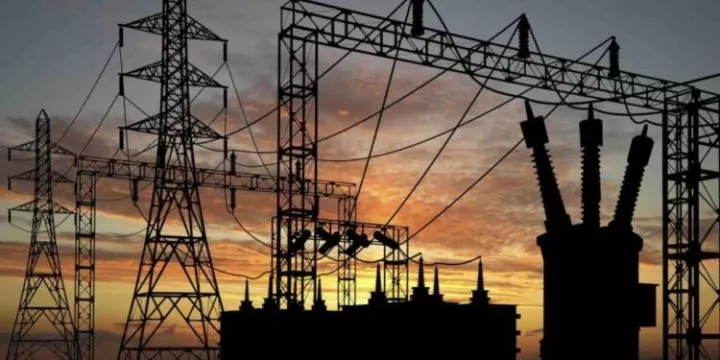
The Managing Director of the Transmission Company of Nigeria (TCN), Engr. Sule Abdulaziz has expressed optimism that the nation will attain a 24-hour stable power supply within the next five years.
Abdulaziz made this statement on Sunday during an interview with Channels TV in Abuja.
Responding to a question about when the country could generate between 20,000 and 25,000 megawatts (MW) needed for consistent power, he assured that this goal would be achieved in under five years.
"When do you think Nigeria can get that 25,000 or 20,000 megawatts of power on a 24-hour basis and consistently?" the interviewer asked.
In response, Abdulaziz said: "You know you said whether we can get it in ten years. I'm telling you, we are going to get it in less than five years.
"The Minister they put now is looking at what the problems are. He is not doing cosmetic shows. He is looking at what he will do to increase light in this country. That's why I'm sure we are going to succeed."
He further noted that some Nigerians are already experiencing a relatively stable power supply, emphasizing that many would agree there has been a noticeable improvement in the nation's electricity sector.
Abdulaziz attributed this progress to the competence of the Minister of Power, Adebayo Adelabu, whose leadership has driven a steady increase in power generation and supply.
"If you ask Nigerians honestly, they all know there is improvement in power now when this regime came. From the time Adelabu took over till now, there has been a great improvement and this improvement is going to continue," he said.
Electricity Cheaper in Nigeria
According to the managing director, electricity supply is still relatively cheaper in Nigeria compared to other countries.
He mentioned countries such as Niger, Burkina Faso and Senegal as some of the places where citizens pay more for electricity than Nigerians.
"Nigerians are paying more because to produce electricity is not easy. You can see the exchange rate.
"Yes, electricity is now expensive in Nigeria. But we are feeling it's expensive because we are getting it at a cheaper price. If you go to other African countries like Niger, Burkina Faso, Senegal and others, still now Nigeria is cheaper, " the TCN boss added.
What you should know
Nigeria's power sector faces multifaceted challenges, resulting in poor electricity supply in the country.
Currently, the national grid generates about 4,500MW of electricity for over 200 million people.
South Africa, a smaller country than Nigeria in terms of population, generates about 50,000MW of electricity to service about 59 million people.
While the Minister of Power, Adebayo Adelabu, said his ministry's goal is to achieve a 6,000MW capacity before the end of the year, many believe this might not have major significance on the power crisis in the country.

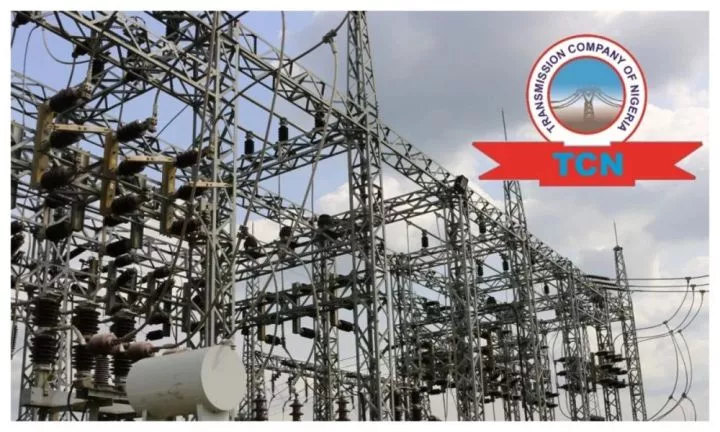
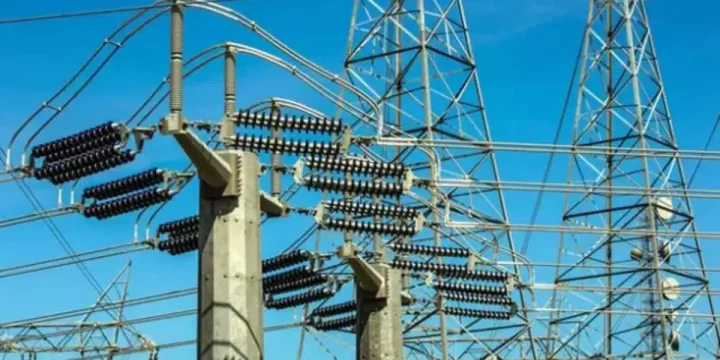
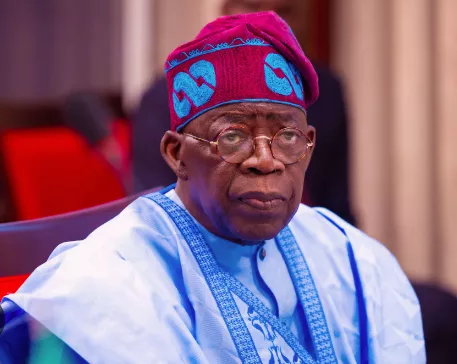
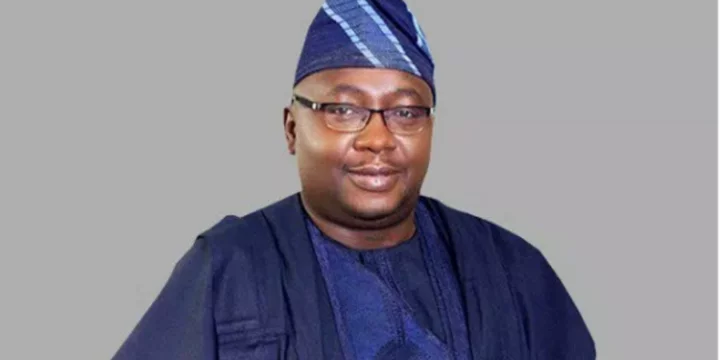
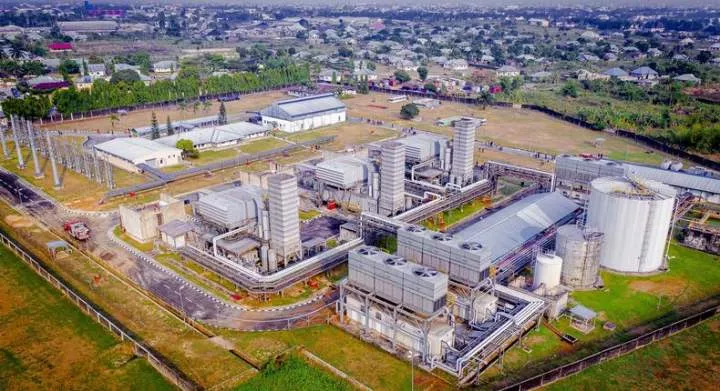
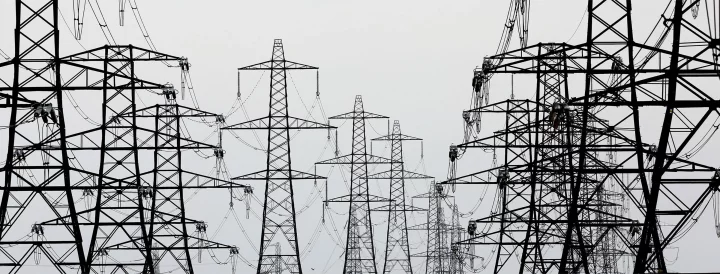
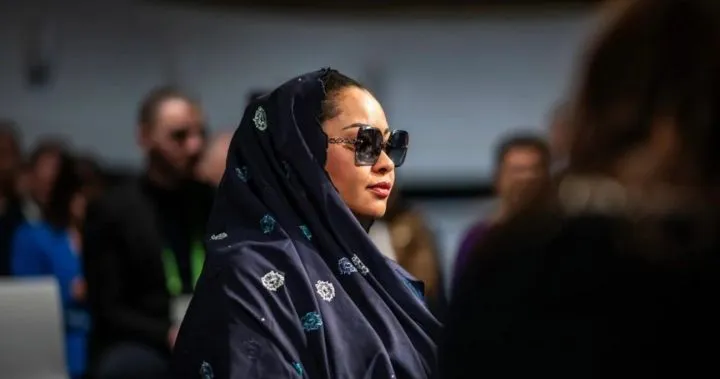








Comments